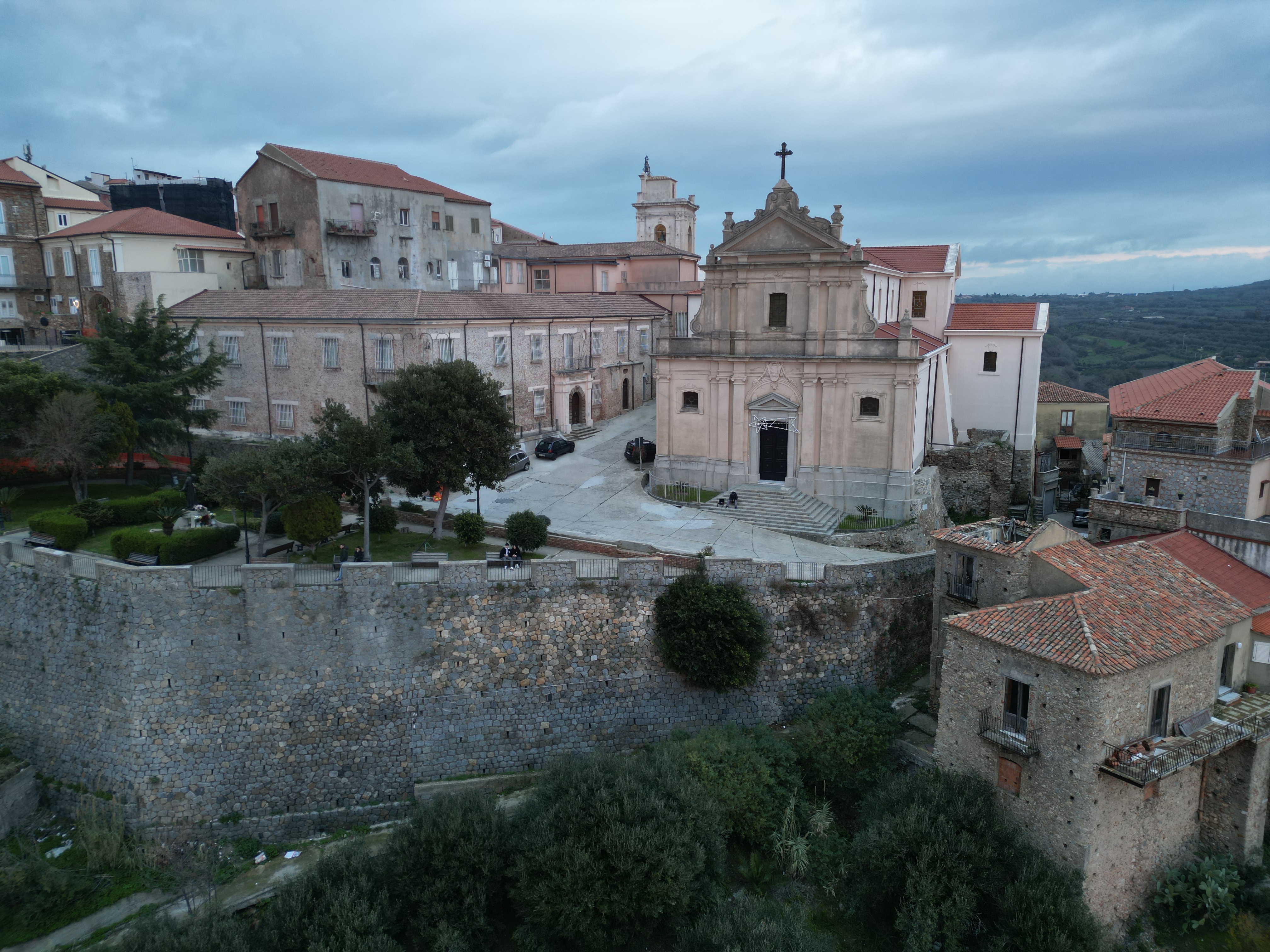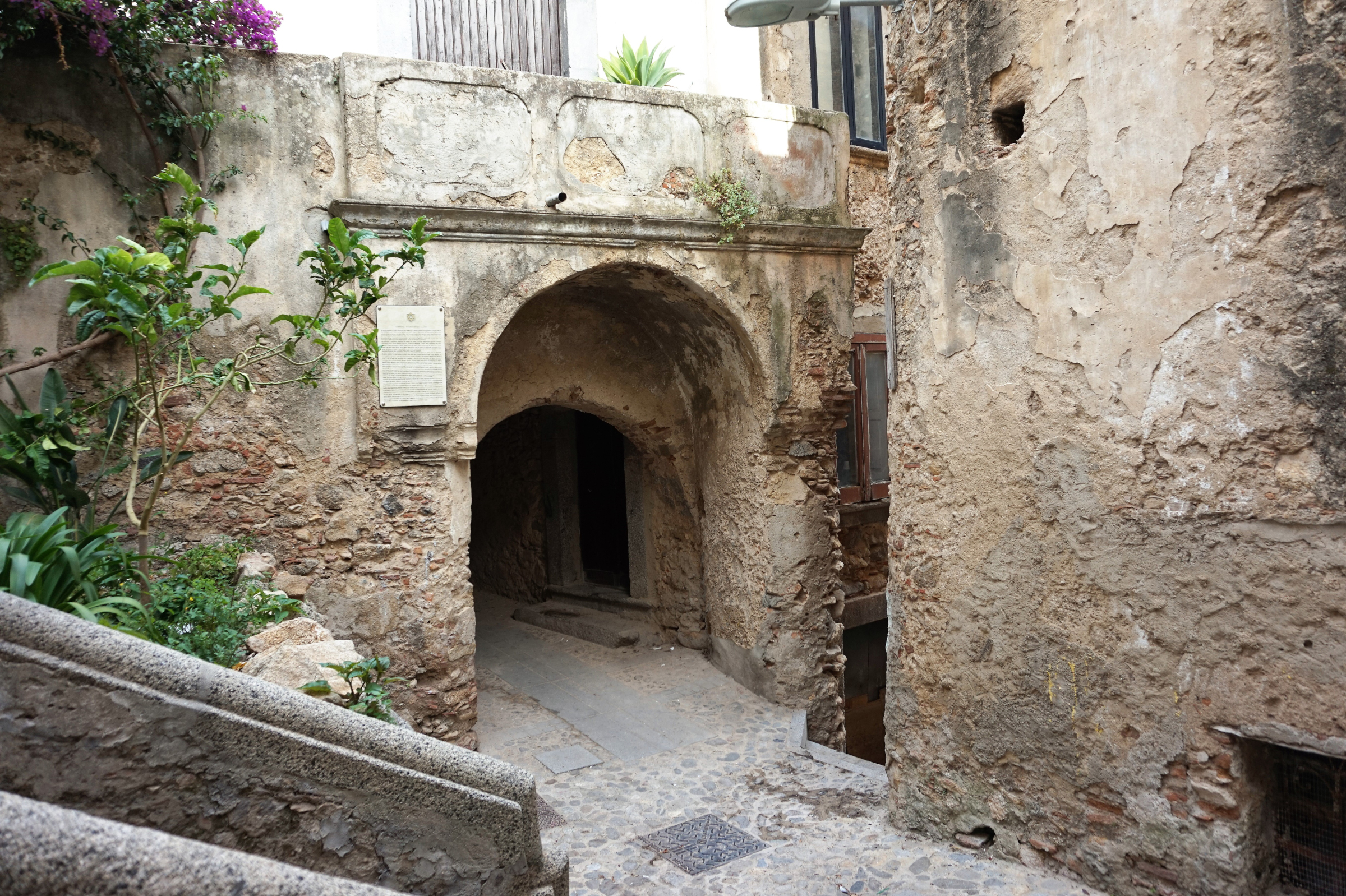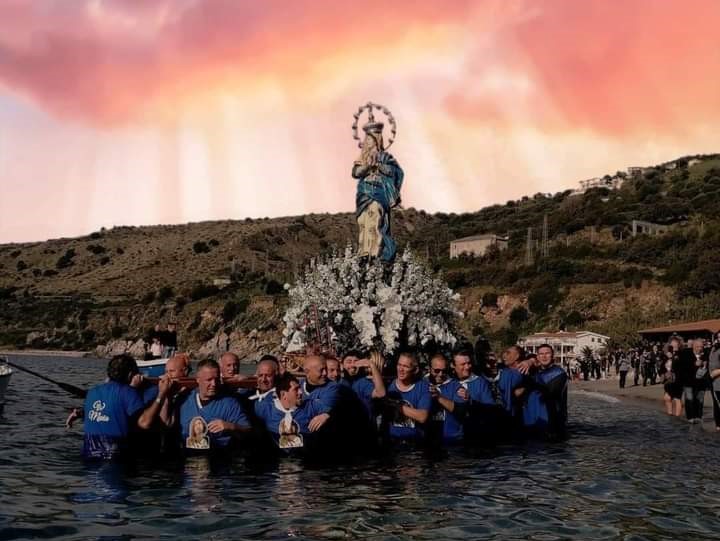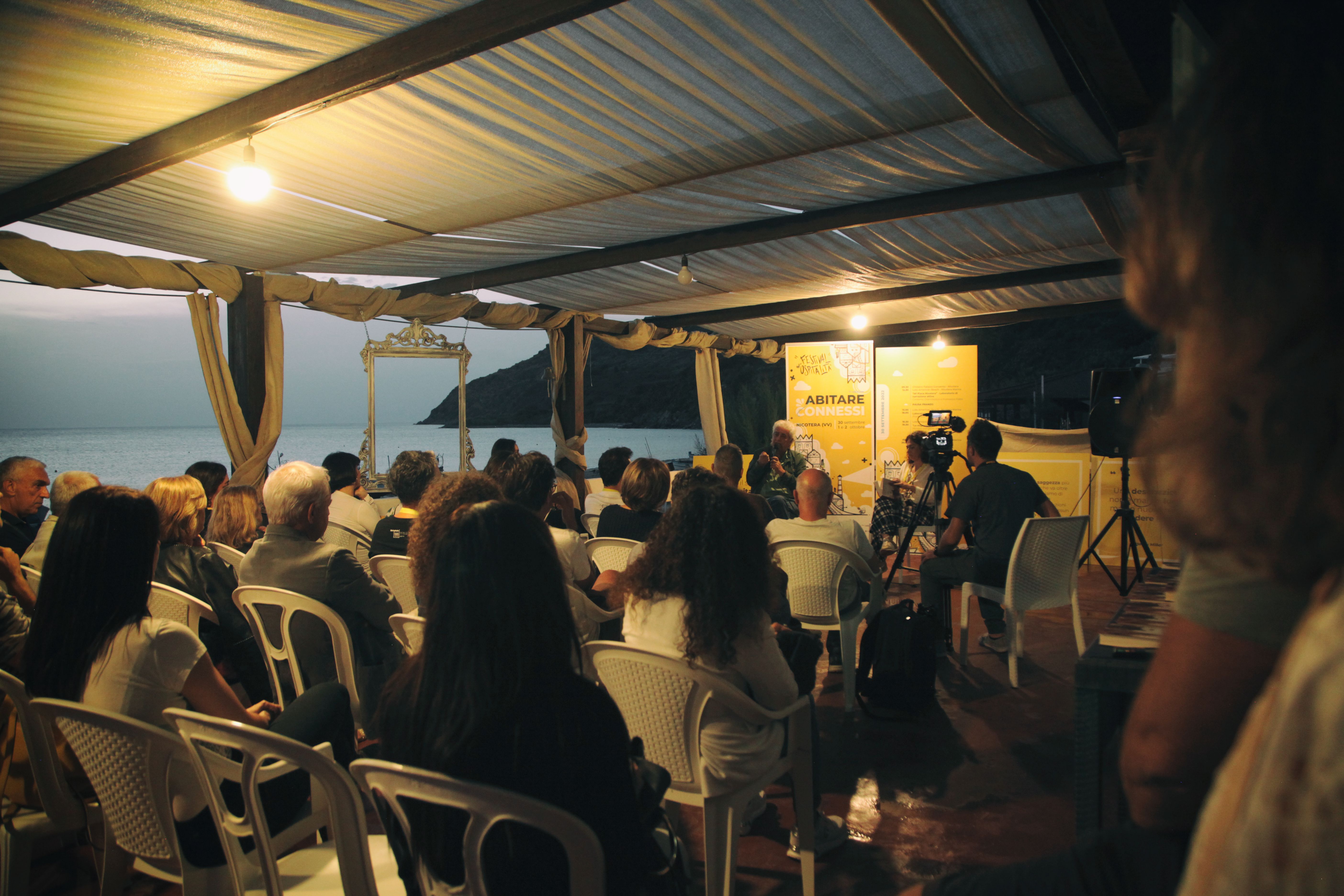Nicotera and the Hospitality Festival
Nicotera, the welcoming village

Living slow
Regione Calabria
If being hospitable belongs by nature to the people of Calabria, in Nicotera, a village on the Tyrrhenian Sea in the province of Vibo Valentia, along the Costa degli Dei, this instinct has for years been translated into a veritable Festival of Hospitality that finds its central moment at the end of the summer.
A festival that places Nicotera and its hospitable community at the centre of a virtuous circuit of debates, welcome, good practices, artistic, cultural and convivial events.
What to see in Nicotera, the welcoming village
Perched on a panoramic hill at the foot of Mount Poro, from which one can enjoy the Tyrrhenian Sea and fiery sunsets along the Costa degli Dei, the historic centre of Nicotera preserves intact the passage of cultures and different dominations that, over the centuries, have marked its history up to the present day.
A crossroads of peoples who have left a tangible sign of their passage, the village climbs in a succession of ascents, descents, steps, houses leaning against each other in defence, arches and small squares opening onto surprising views.
A veritable terrace overlooking the sea, which has nothing to envy to the more renowned centres along the same coastline, Nicotera also claims its proud resistance in its name, which literally means "Sign of Victory", with particular reference to the Saracen incursions of the 4th century.
It was Robert Guiscard who strengthened the town in 1065, building an imposing castle, now the Ruffo Castle (can only be visited from the outside), and giving lustre to the Cathedral of Santa Maria Assunta. The fulcrum of the new city, rebuilt according to Norman patterns, the two buildings divided the built-up area into several districts (Santa Chiara, Baglio, Porta Grande, San Nicola, etc.).

Of these, the most historically and productively important was certainly Giudecca.
To visit the Giudecca of Nicotera (Iudeca) today is to immerse oneself in the traces of a fascinating story. Founded under Emperor Frederick II, the Jewish quarter was the protagonist of a great economic rebirth thanks to its community dedicated to silk processing, dyeing and papermaking, as well as the commercial and financial activities of the loan banks. Even today, the quarter retains its typical Jewish layout, characterised by small buildings used as house-shops (ground floor and ground floor), connected by so-called cafi (covered passageways).

Poets, artists and intellectuals who made the history of the country passed through here, whose testimonies can be seen in the Provincial Bishop's Art Gallery and the Diocesan Museum of Sacred Art.
From the historic centre, we go down to the coast, to Nicotera Marina, for a dip in a turquoise sea that laps a long free beach. The sea is the sacred place where every year, on 8 December, one of the community's most eagerly awaited events takes place: the evocative Sea Procession of the Immaculate Conception. On this occasion, the fishermen of Nicotera Marina carry the statue of the Virgin on their shoulders, immersing themselves in the water up to their waists, to evoke her miraculous recovery at sea.

Hospitality Festival
Another event that has become central to the Nicoterra community is the Festival of Hospitality.
Born in 2015 from the passion of a group of local young people who had returned to Calabria after living and gaining experience outside the region, the festival pursues the mission of:
"inspire and educate operators, communities and territories to a slow, sustainable, responsible and ecological tourism".
In the name of this ideal, the Festival of Hospitality places individual local communities at the centre of tourism planning in their most authentic form, urging them throughout the year to actively participate in the construction of a new idea of tourism and sustainable use of places through meetings, workshops, debates and itinerant initiatives that allow small centres to network and exchange virtuous experiences and good practices.

The festival usually concludes at the end of September and beginning of October with a three-day event in Nicotera, which alternates between moments of institutional confrontation and lighter moments animated by various artists and cultural personalities. Not to be missed is the "Sunday Lunch", a true sacred rite of Calabrian hospitality, seating tourists, visitors and the local community at the same table as in a typical family lunch.
https://calabriastraordinaria.it/en/news/nicotera-and-the-hospitality-festival





